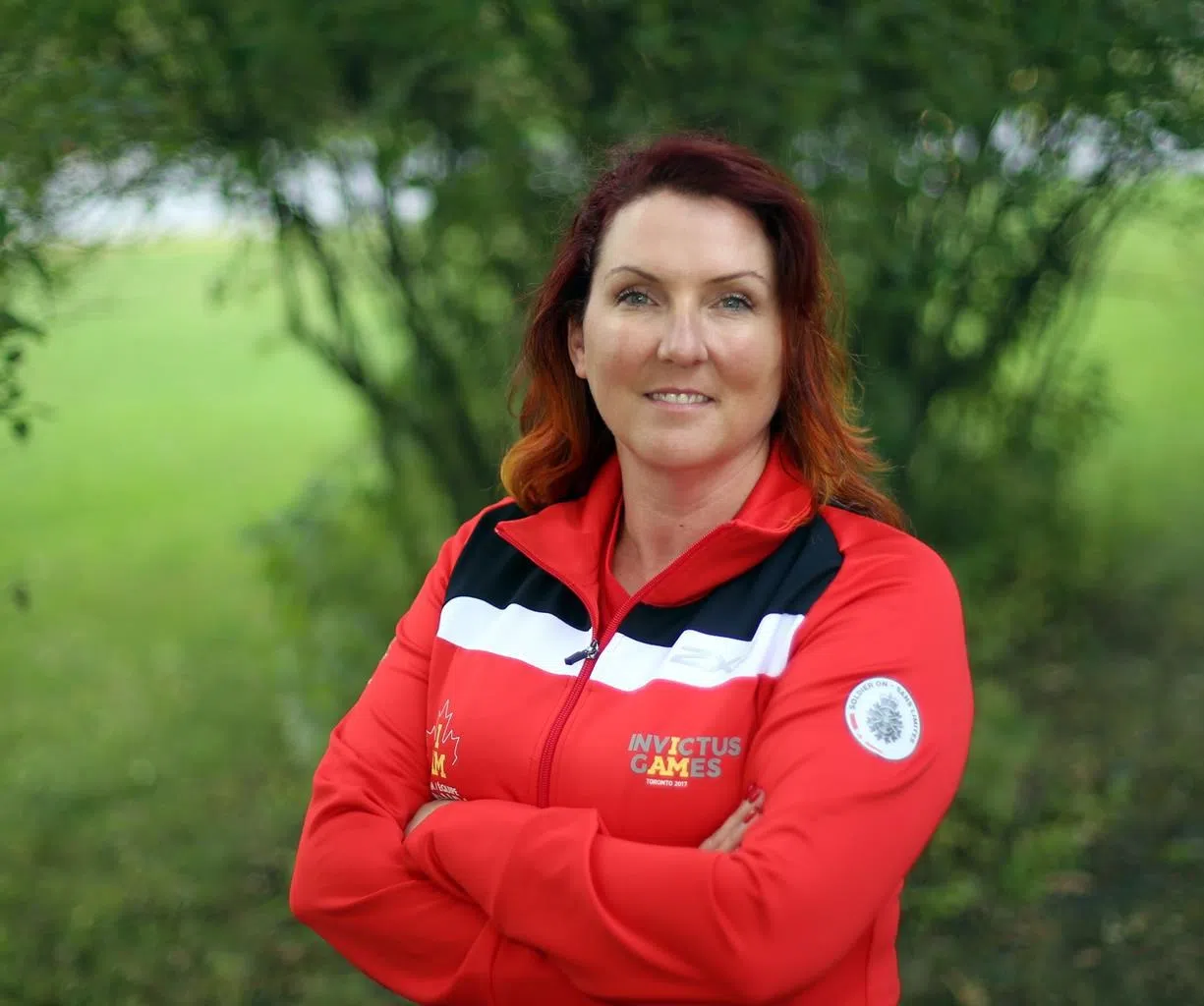
Invictus Games helps a former medic live her life instead of just surviving it
When Elizabeth Newman was training for the Invictus Games, she found that preparing for the competition helped her adapt to the changes that have taken place in her life after being medically released from the Canadian Forces in 2015.
“A team of people has helped put Humpty Dumpty back together,” the former medic sergeant said from her home in Sooke, B.C. “I feel like I have a unit again.”
Founded in 2014 by Prince Harry, the Invictus Games is an international sporting event for ill, wounded or injured active and veteran service members. This year, 550 athletes from 17 countries are competing in Toronto in 12 sports.
Born in Mississauga, Ont., Newman grew up in Penetanguishene, Ont., and joined the Canadian Forces at 19 as an infantry soldier. In 1999, she became a medic, serving in Edmonton and Vancouver for 12 years. During that time, she did two tours to Afghanistan.


